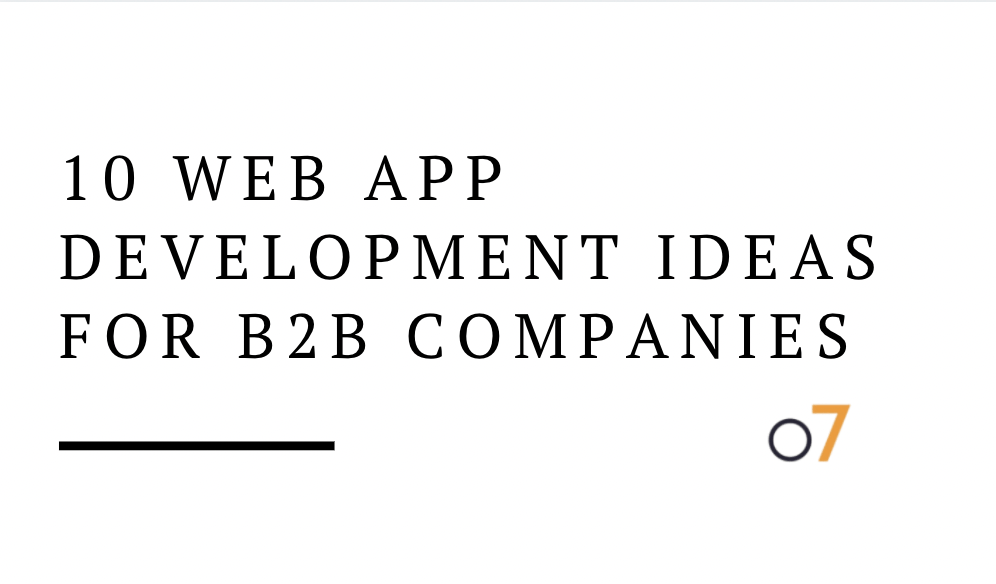 It’s certainly no secret that it is getting very difficult to get any kind of stable business from organic search. This is mainly due to the countless updates over the past 2 years in organic search, mainly Google. Videos, news and product listings are now all included in actual search results. This has put an enormous amount of pressure on business owners who are no longer getting the kinds of leads and sales they need from organic search to achieve business objectives. With organic search in a state of flux, causing massive dislocations in search engine rankings, the solution for many businesses is the help of an AdWords expert who can set up and manage a successful Pay per Click (otherwise known as Paid Search) campaign from the ground up.
It’s certainly no secret that it is getting very difficult to get any kind of stable business from organic search. This is mainly due to the countless updates over the past 2 years in organic search, mainly Google. Videos, news and product listings are now all included in actual search results. This has put an enormous amount of pressure on business owners who are no longer getting the kinds of leads and sales they need from organic search to achieve business objectives. With organic search in a state of flux, causing massive dislocations in search engine rankings, the solution for many businesses is the help of an AdWords expert who can set up and manage a successful Pay per Click (otherwise known as Paid Search) campaign from the ground up.
While many people fancy themselves an AdWords expert, you really need to have a thorough understanding of how PPC (Pay per Click) works. PPC can be an effective means of advertising online only if properly executed by a genuine expert. Each time a user clicks on your ad, you pay. So, you need to strive to make each click count. AdWords is Google’s PPC platform that displays your ads on the SERPS for your select keywords. It’s run very much like an auction where the highest bidder lands the best page position. It isn’t, however, quite that simple. Google uses measures such as your Quality Score and relevance to determine your position as well.
The bottom line is that any legitimate business should have some AdWords visibility, even if you only target your brand name. So, where to start? Keyword research, of course!
Extensive Keyword Research
Research, research and research! Extensive keyword research is the foundation of a successful paid search campaign. First and foremost, before you do anything else… ask yourself the following questions.
1. What is my competition doing?
2. What keywords are they bidding for?
Tools such as SpyFu and WordTracker can be used to identify all relevant keywords that are competitive in terms of search volume and have a lower cost per click. The keywords that will ultimately yield a greater chance of attaining your campaign goals are the same keywords that your competitors might have missed.
Research Tools
SpyFu
SpyFu is a great search analytics tool for “spying” on your competitor’s PPC campaign and identifying what keywords your competition is buying on Google AdWords. In addition, it shows you the keywords certain websites are showing up for within the organic search queries.
It provides you with a full report of cost-per-click and search volume statistics on keywords. With these statistics, SpyFu makes it possible to predict future PPC campaign costs as well as uncover emerging niche markets.
WordTracker will help you maximize your PPC efforts with several separate tools. WordTracker’s full search tools give you an advantage over Adwords’ Keyword Tool and allows you to research and analyze numerous keywords simultaneously. It selects related keywords and more importantly long tail keywords (which are more specific and far more valuable) and shows you their popularity without having to search separately for each term. This is a great tool for in depth keyword researching.
Quick Tip: Organize your keywords into categories and Ad Groups so that you make it easy on yourself for developing landing pages and the conversion optimization process.
It’s also important to remember that keyword research is a never-ending process. Stay up to date or get left behind as online trends are constantly shifting and changing and it’s ever so necessary for your PPC campaign to adapt to these changes. It’s the only way to gain and maintain a competitive edge in today’s challenging business climate. The last thing you want is to invest in a keyword like “Big Bang Theory” which you thought was a scientific term but is now in fact a hit TV show!
How Does PPC Advertising Work?
It all boils down to your Quality Score and how relevant your ads are to the keywords that they target. Your quality score is the rating Google has given you for your ad and is indicative of their commitment to delivering the best search results for the user. There are 3 key factors that determine your quality score.
- Click through Rate (CTR) – The number of times users clicked on your ad vs. the number of times your ad was shown. More clicks indicate that your ad is more relevant to the targeted user.
- Bounce Rate – How many users immediately bounced off your landing page? The lower the bounce rate, the better.
- Landing Page – Is the copy up to par with your competition? Experiment!
Your rating determines the Cost per Click (CPC) on a keyword-for-keyword basis. If you have a poor quality score, you’re at risk of paying much more for ads at lower positions. If you have a high quality score, your CPC will be lower and your ad will be positioned higher. This is all best explained by something we at Optimum7 like to call “The Google Circle,” a term coined by our Co-Founder and COO, Duran Inci.
The Google Circle
- Select the actual keyword(s) you want to advertise. This is done through keyword research. For example, you want to advertise for Internet Marketing. Your ad text should contain the words “Internet Marketing.” This indicates relevance because the keywords are what Google makes bold, which draws attention to your ad.
- Create ads that are relevant to this keyword. What are the ad parameters? How many words? Whatever information the ad text provides must be relevant to and supported by the landing page. To stick with our example, if your ad claims that your Internet Marketing services start at a thousand dollars, your landing page must reflect this. You can’t advertise at one thousand in the SERPS and have your landing page state that your prices begin at two thousand dollars.
Your ad text should be relevant to your keywords, and your landing page should be relevant to your ad text & offer. Your landing page should be relevant back to your keywords. This we call the Google Circle.
How to Calculate CTR (Impressions vs. Clicks)
 So, what exactly are impressions? Impressions are the number of times your ad is shown. To calculate your CTR, take a look at the following formula.
So, what exactly are impressions? Impressions are the number of times your ad is shown. To calculate your CTR, take a look at the following formula.
(# of times ad is shown) = (1000); Clicks = (20); CTR = 2%
Also note that it is very important to compare what you are doing with what your competitors are doing. Take, for instance, the following example.
ABC123: 1,000 impressions, 20 clicks = 2% CTR
OPTIMUM7: 1,000 impressions, 40 clicks = 4% CTR
This means that OPTIMUM7 has more positive, appealing ads and better keywords. The more people convert, the better the landing page. (More relevant Google Circle)
Optimizing for Perfection; Split Testing and Multi Variate Testing
There must be an ongoing conversion optimization strategy with any PPC Campaign.
1. You must track all traffic and conversions (phone calls, form submissions, opt-ins and sales) accurately.
2. You should create different versions of the landing pages, emphasizing different elements and offers to see which version converts better.
Split testing is the only strategy to improve conversion rates significantly, holding everything else equal. Of course, you must have a great offer as well.
Optimum7 is a Google Certified Partner and has been invited by Google to try and test new PPC services relevant to their AdWords paid search model. We specialize in Conversion Optimization and can drive positive ROI straight to your bottom line. Contact Us today, we can help!






